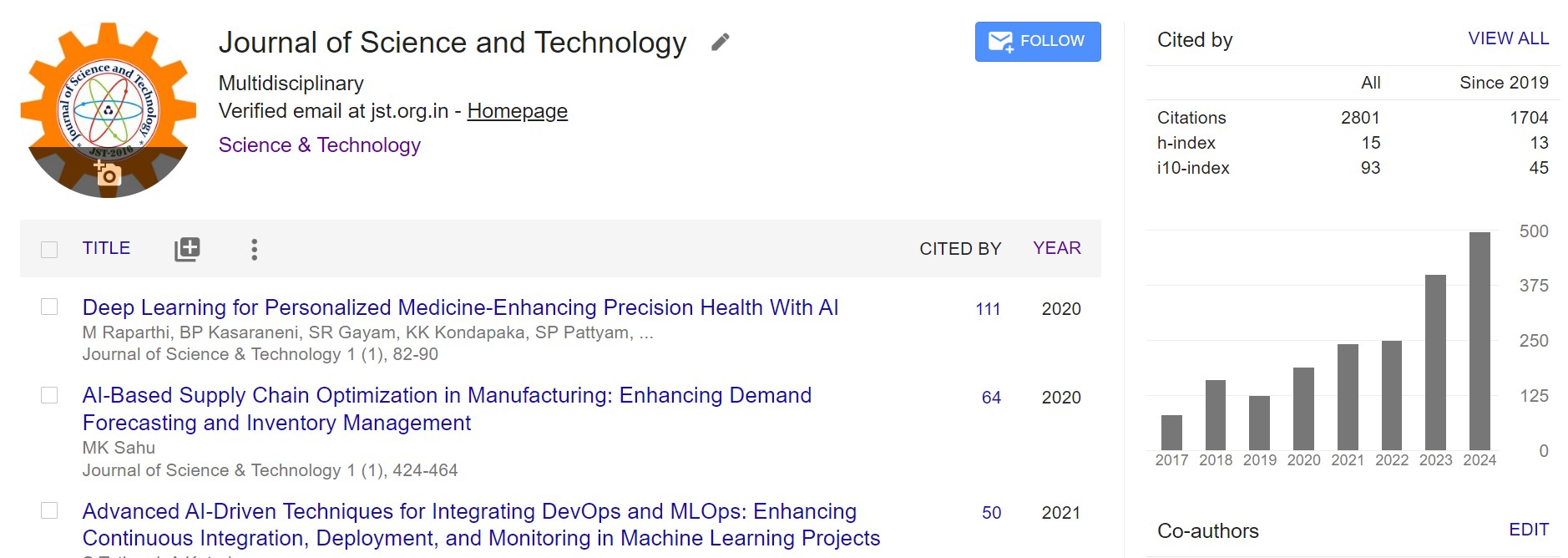Assessment of Selected Heavy Metals Levels In Borehole Water In Ongata Rongai, Kajiado County, Kenya.
DOI:
https://doi.org/10.46243/jst.2020.v6.i1.pp09-15Keywords:
Heavy metals;, Borehole;, ; Underground water;, Water quality, Seasonal variationAbstract
: The study was carried out to assess the levels of heavy metals in ground water sampled from ten selected borehole sites in Ongata Rongai town, Kajiado County. The levels of selected heavy metals analyzed were: Zinc, Lead, Mercury, Manganese, Cadmium and Chromium in dry and wet seasons the analysis was done by Flame Atomic Absorption Spectroscopy. Seasonal variation was considered as an aspect of pollution to the subsurface environment where there was no obvious observable environmental degradation or where unknown contaminants could have been disposed of, privately, without any matrix being charged. The analysis of water samples was done using Flame Atomic Absorption Spectroscopy and the results for the metal levels were in the range of: Zinc Below Detectable Limits- 0.73±0.01 (mgl-1 ); lead 0.21±0.01- 0.33±0.01 (mgl-1 ), mercury 0.0010 ± 0.0001 - 0.0019±0.0001(mgl-1 ); 0.256±0.01 (mgl-1 ); manganese 0.03±0.01- 0.26±0.01 (mgl-1 ). Cadmium and chromium had levels below detectable limits in dry and wet seasons. The levels of zinc and manganese were higher in the dry season than those recommended by World Health Organization of 3.0mgl-1 and 0.01mgl-1 respectively. The presence of the heavy metals in the borehole water is of concern since they could impact negatively on human health even at low levels due their accumulation. Stringent management and public awareness are required in order to safeguard the environment and human health in Ongata Rongai town


























